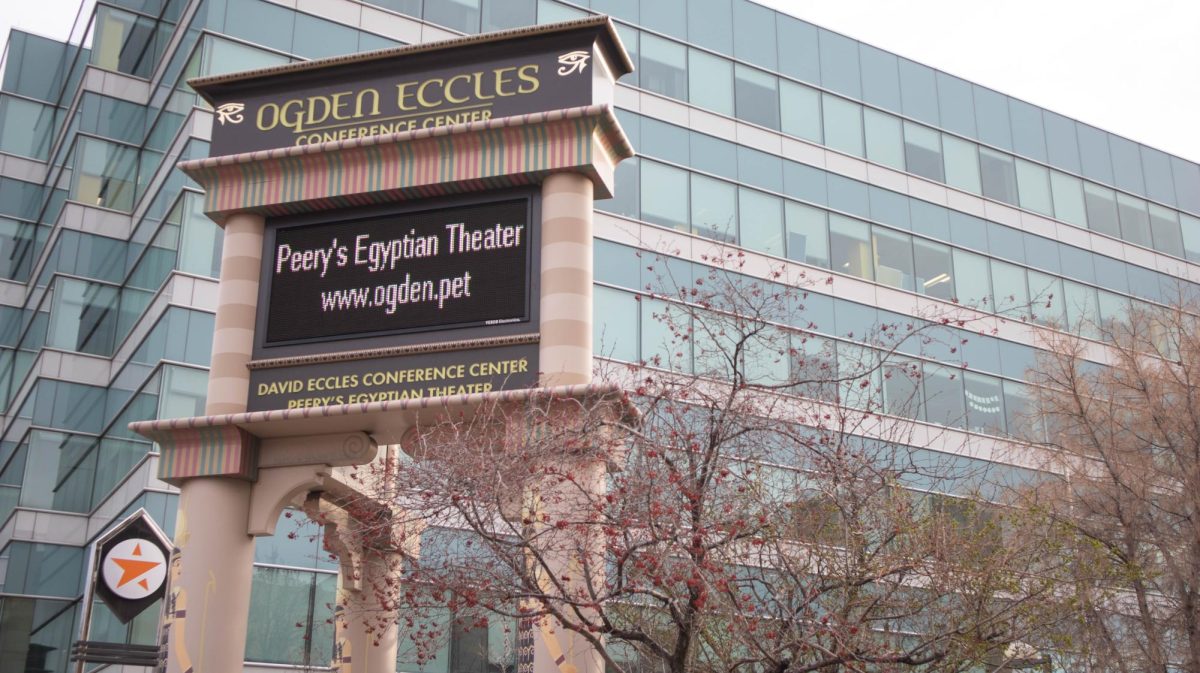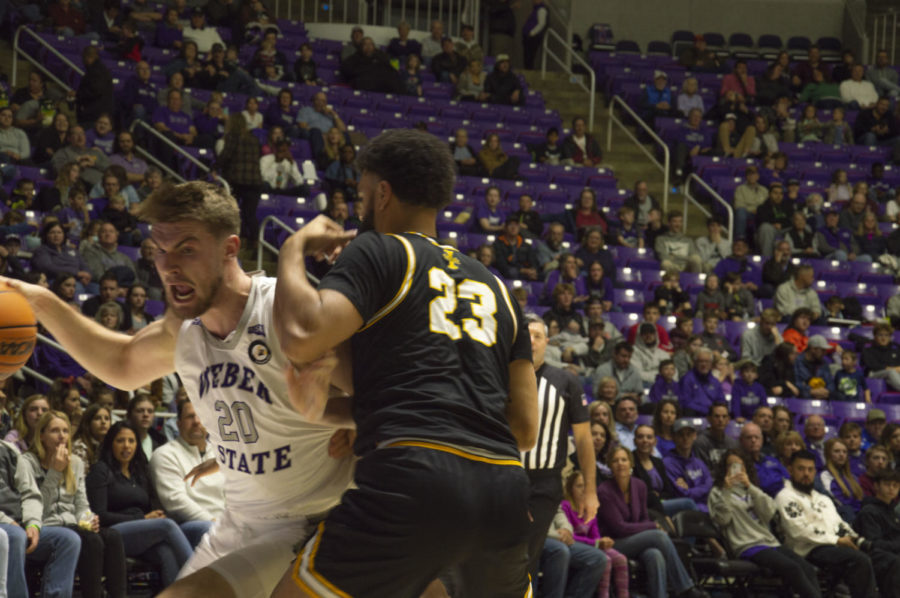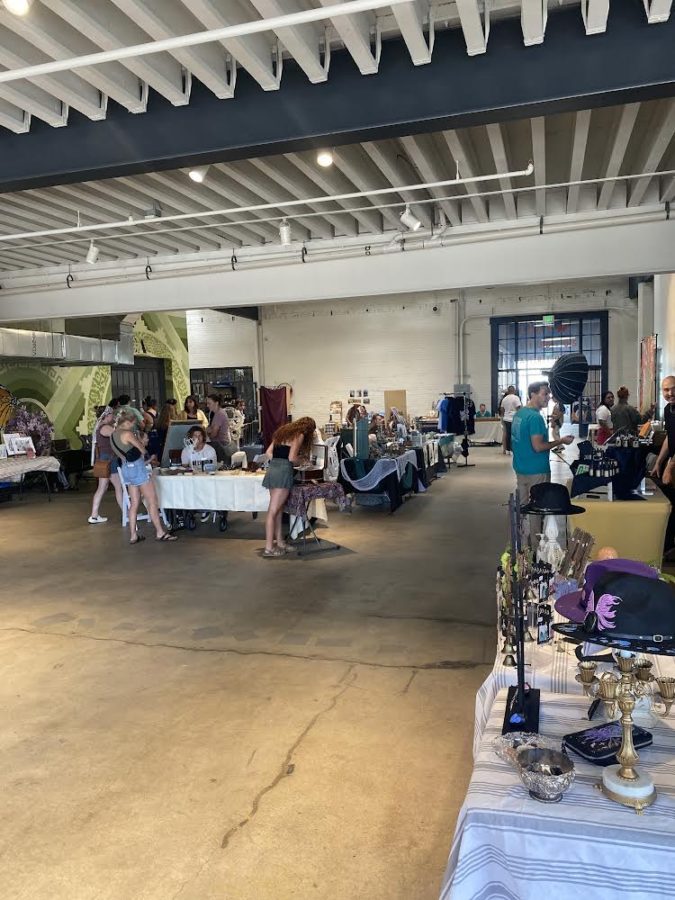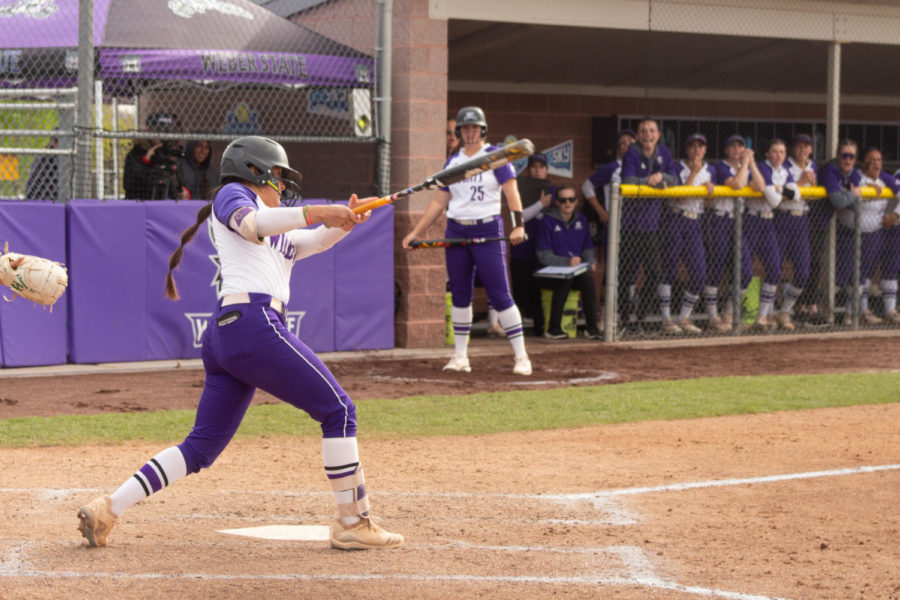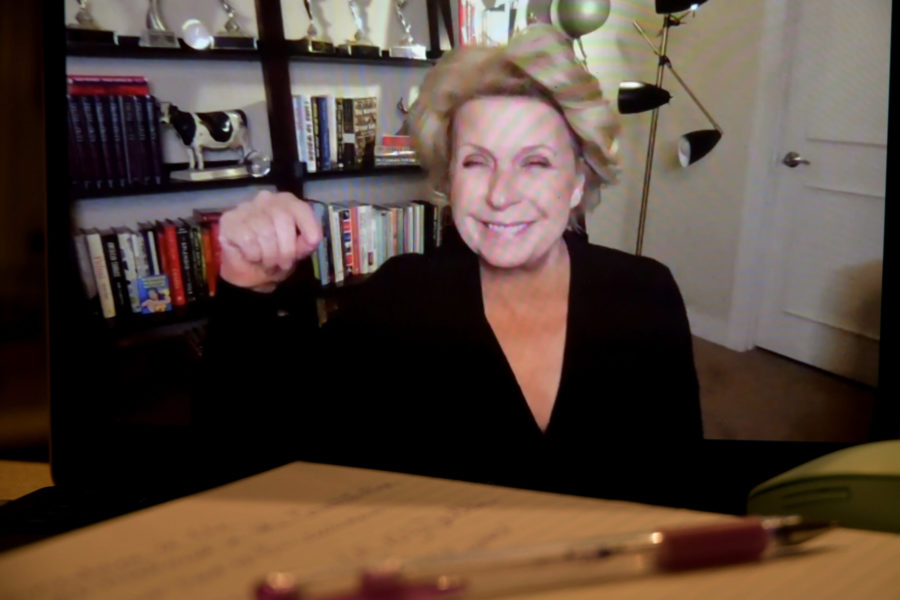
The sweaty palms, the racing heart, the sour taste of breakfast in your mouth —what is it that makes job interviews so frightening, and is there a way to mitigate interview anxiety?
Job interviews can be nerve-wracking and the stress felt during interviews can “manifest in anxiety symptoms,” said Cheyenne Liang, a Community Mental Health intern at the WSU Counseling and Psychological Services Center.
Anxiety, often a chronic condition, can also be situational. Liang also said that a “fast heart beat, palpitations, sweat, and racing thoughts” are common occurrences before an interview.
Liang notes that high expectations and uncertain outcomes are often the source of interview anxiety.
In addition, Liang said that, “We’re not typically taught to talk positively about ourselves. We’re taught to be humble,” causing interview questions concerning our strengths, weaknesses and best qualities to seem foreign and intimidating.
College of Education Adviser Shari Leder said that preparation is the key to a successful interview.
Leder, who assists with mock interviews, resume building and career counseling at the Careers Services Center, encourages students to research the company with whom they will be interviewing.
“Employers want someone who is invested in working for that company” Leder said. Getting to know a company’s expectations, values and goals can play a vital role in the success of an interview.
And while the most daunting aspect of interviews for students revolves around the personal behavior questions, speaking to your personal truths allows interviewees to conquer this fearful task.
Leder suggests that students should both consider compliments received regarding personality strengths and offer information on timeliness, reliability, and other factors to minimize their uneasiness of positive self-talk.
“Strategize who you are out loud,” said Leder. “Knowing about ourselves helps us to share without being boastful.”
While positive self-talk may not be prevalent in our society, it is something that can be practiced.
In advising appointments, Leder assists students in developing approximately ten personal 1-2 minute stories, “crafted in a way that is marketable,” that will enable them to connect with employers and demonstrate character strengths.
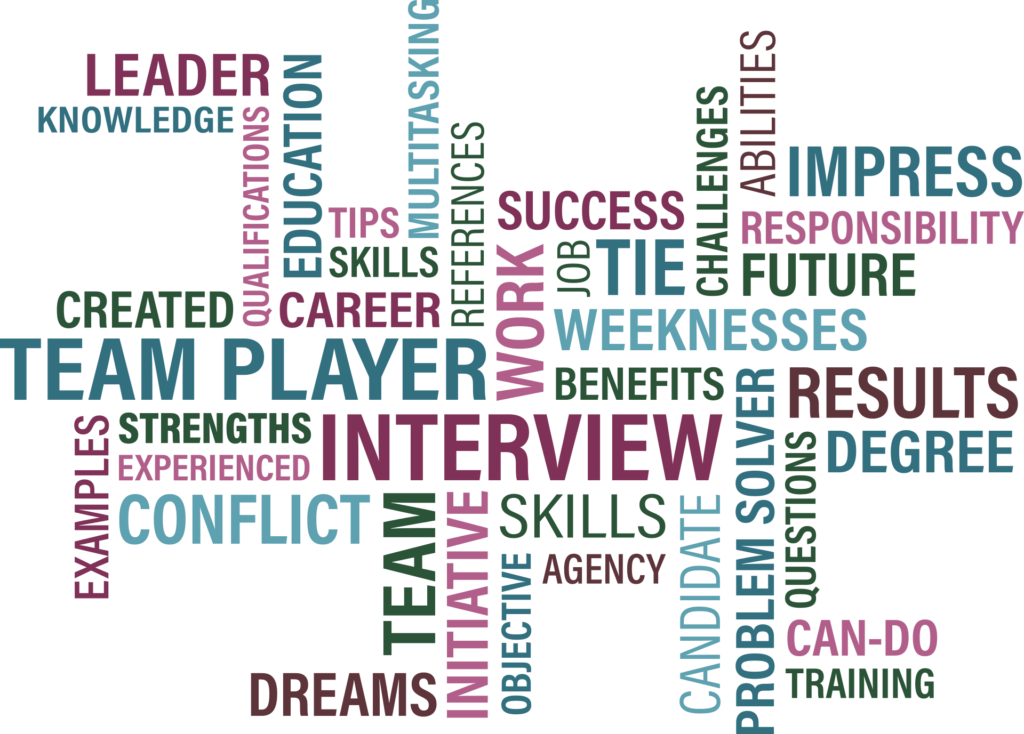
Preparation for an interview does not entirely remove the unexpected, but it can aid in the ability to confidently approach positive self-talk questions.
Weber State freshman Angie Garcia was excited and nervous for her first interview.
“I want to say the right things and be honest,” Garcia said, “but I have in my mind that they might ask me something that I don’t know.”
Despite her initial anxiety, Garcia had leadership training through Jobs Corps and had practiced the self-behavior questions, which eased her anxiety during her first job interview.
Weber’s Counseling & Psychological Center offers support groups and counseling for students who struggle with chronic or situational anxiety, and the Career Services center provides an several interview preparation methods.
While interview anxiety may never fully disappear, practice and exposure can help interviewees become comfortable in the unfamiliar setting of an interview. Interviewers have experienced interviews too, and as Leder said of interviews, “a little bit of humor goes a long way.”




